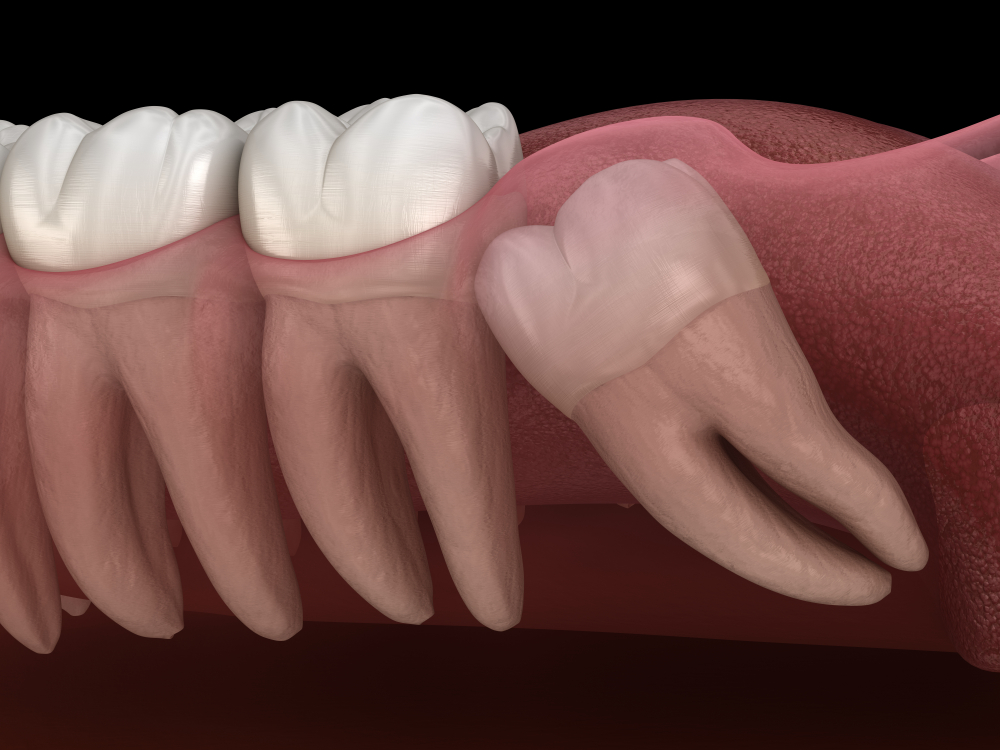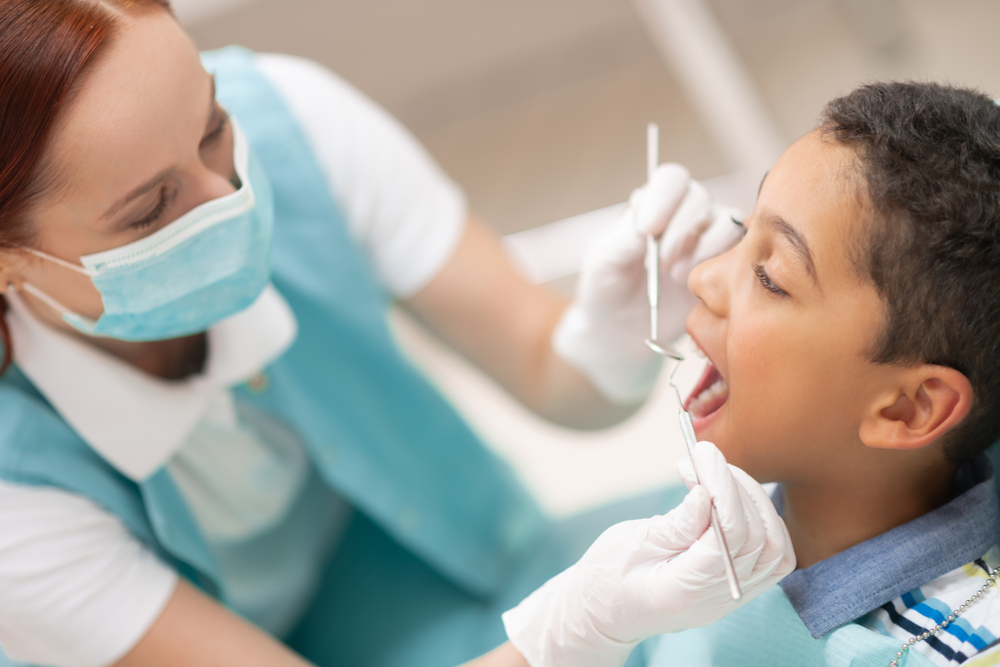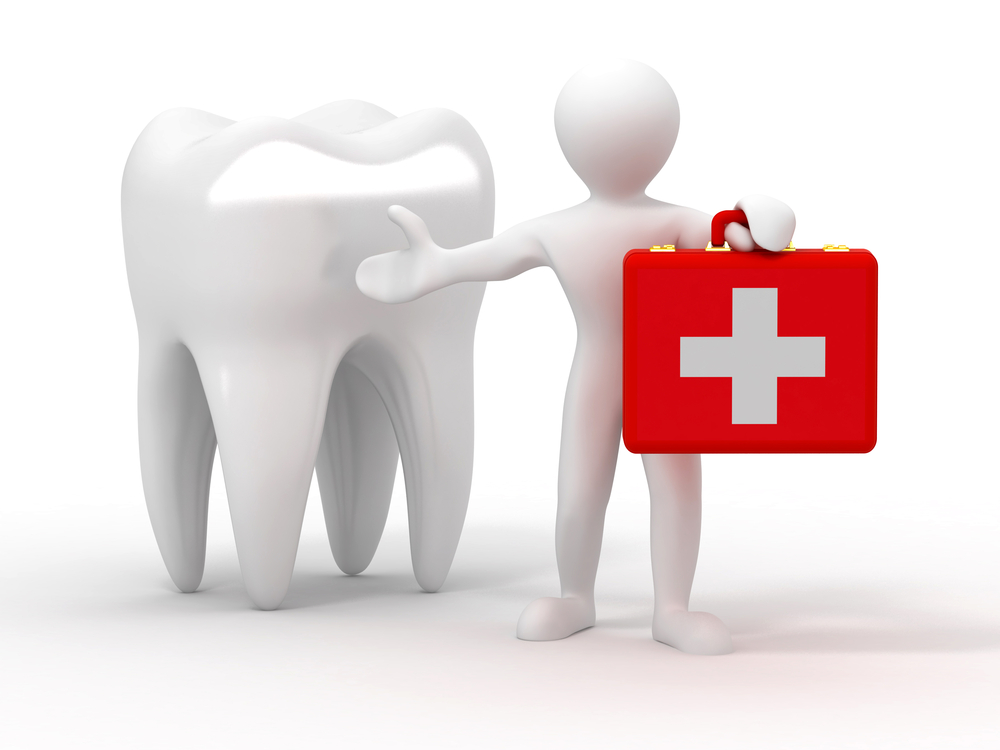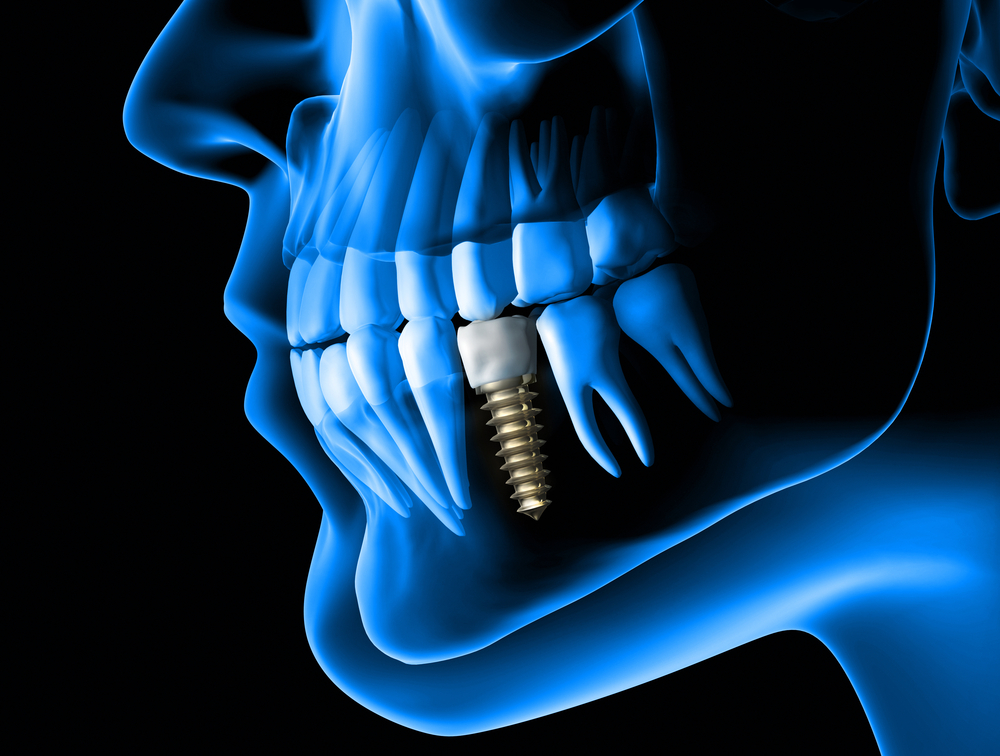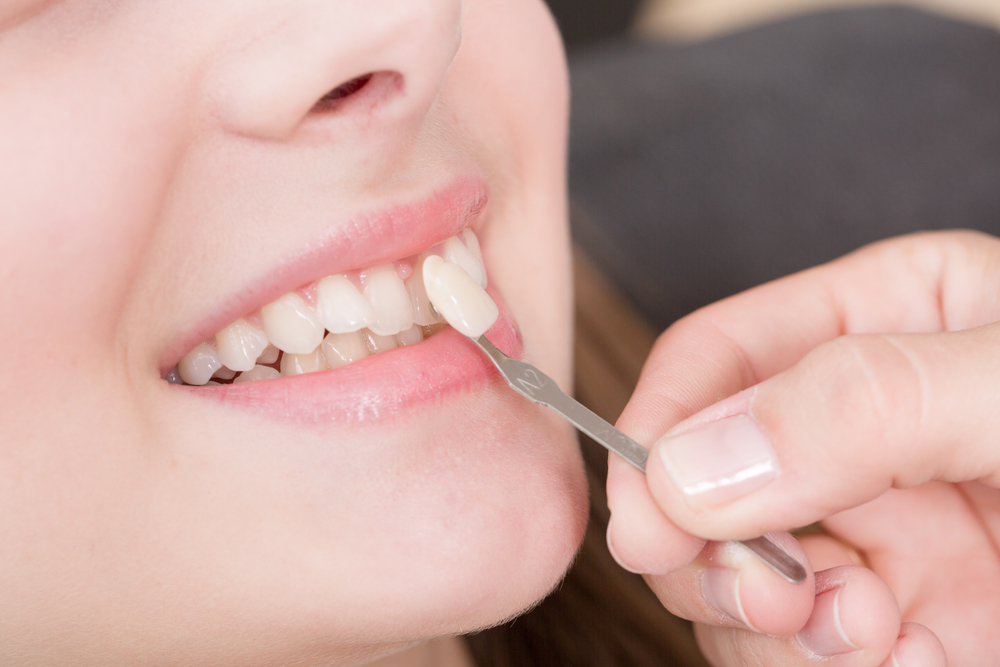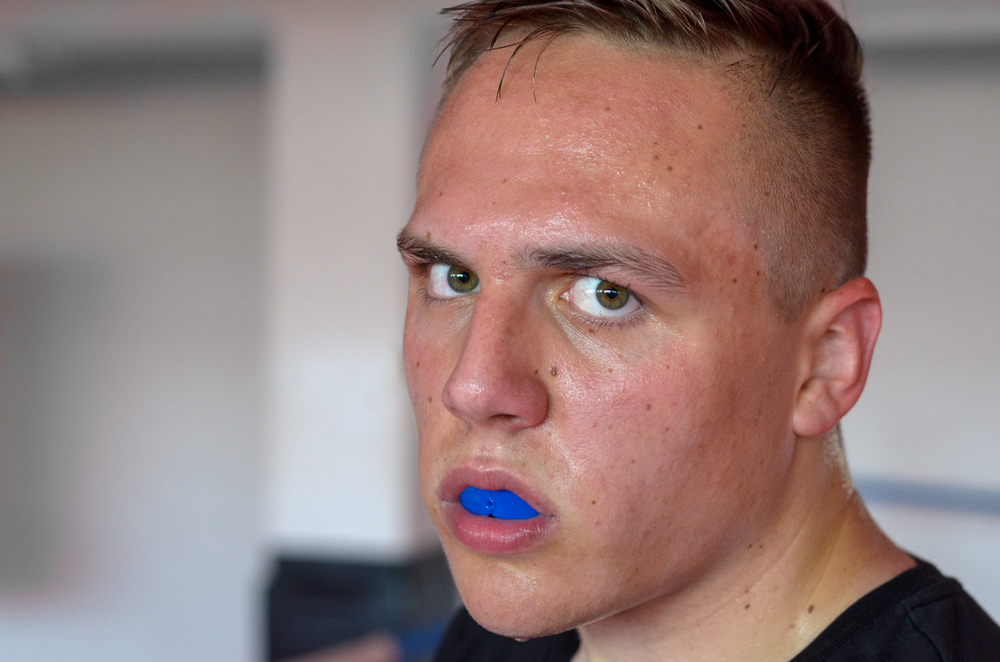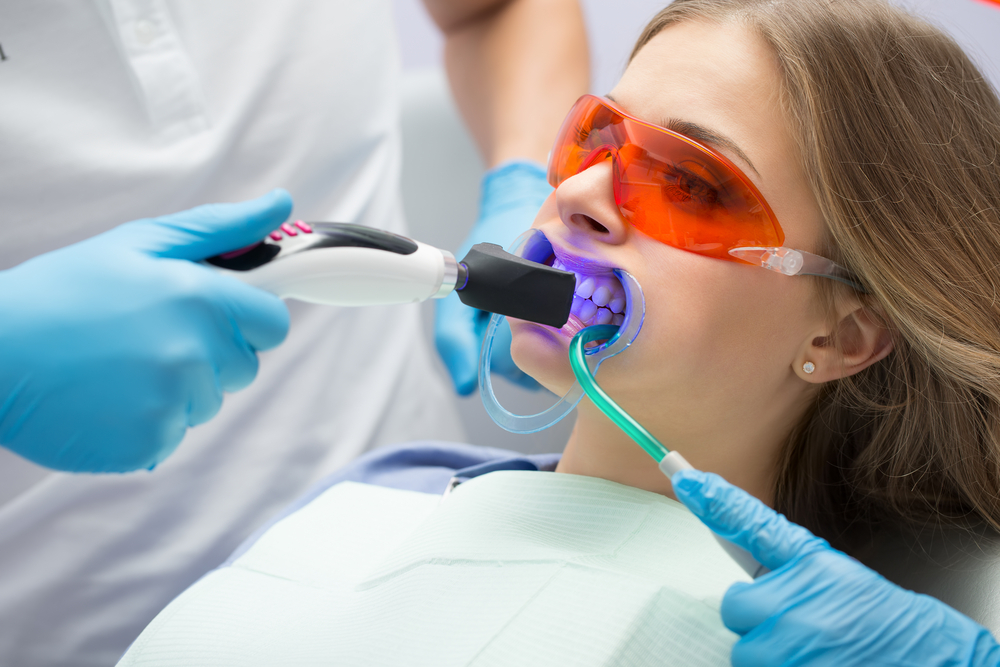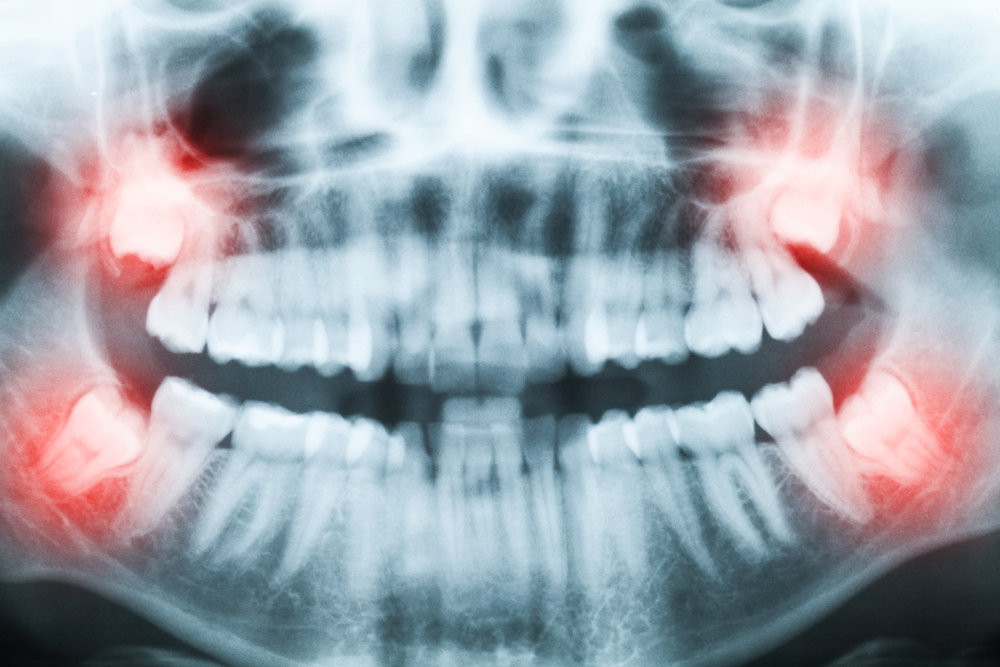Is It Really Necessary To Extract A Wisdom Tooth?
Did you know that wisdom teeth can erupt even in early adulthood? Many people think the teeth they see when they move into their late teen years are the only teeth they’ll ever get. Please read on to learn more.
Wisdom teeth can break through at any point in time during your adult life. That’s why you need to know more about your wisdom teeth. When you know how the wisdom teeth behave, it’s easier to deal with whatever problem arises because of wisdom teeth.
You might be wondering whether you always have to extract a wisdom tooth. Let’s take a look at the following considerations in this article:
- Does every person have wisdom teeth?
- What happens when a wisdom tooth is impacted?
- How to know if there is a problem with the wisdom teeth?
- Is it necessary to extract a wisdom tooth?
Does Every Person Have Wisdom Teeth?
Not every person has wisdom teeth. Most people have four wisdom teeth. These teeth will appear from late adolescence to mid-twenties. They are the “third molars” and the last of the teeth to come through.
Some people will have three wisdom teeth while some will have two or one. Some others will have none. The number of wisdom teeth one has is never going to be an issue. However, people can have difficulty when wisdom teeth are coming through.
What Happens When A Wisdom Tooth Is Impacted?
Wisdom teeth are buried completely or partially in the jawbone or soft tissues. They are more susceptible to oral diseases and other problems. That’s why it’s common for most people to have impacted wisdom teeth.
Impacted wisdom teeth can’t be cleaned properly and can result in decay and gum disease. Cysts and tumours also can develop around the impacted wisdom teeth at times.
Your dentist will evaluate the impacted teeth from time to time to see if it needs to be extracted.
If a wisdom tooth is 100% impacted in the jawbone and it doesn’t come through, as usual, your dentist will recommend wisdom tooth extraction to prevent future problems.
How To Know If There Is A Problem With The Wisdom Teeth?
Pain in the jaw – upper or lower – is the first symptom of a wisdom tooth problem. You may feel some pressure at the back of the mouth.
The gum tissue around the erupting tooth can become swollen, inflamed, and sensitive. However, some people may not feel any pain at all.
Not having any pain doesn’t mean there isn’t a problem. That’s why you need to get your wisdom teeth examined by a qualified dentist from time to time to see if extraction is needed.
Is It Necessary To Extract A Wisdom Tooth?
If one or more of your wisdom teeth is impacted, you should consider extracting it for the safety of your oral health. When a wisdom tooth becomes impacted, it will prevent adequate oral hygiene.
A tooth that has erupted in an upright and functional position doesn’t need to be extracted – as long as such a tooth doesn’t cause any pain and isn’t associated with decay or gum disease.
Because wisdom teeth are located so far back in your mouth, they are much more difficult to clean which is a major contributing factor towards wisdom teeth issues.
Even a healthy wisdom tooth can begin to cause problems in the long run. That’s why you need to keep the wisdom teeth clean by brushing and flossing them well. See your dentist regularly to evaluate the wisdom teeth and see if they have to be extracted or not.
If you need to visit a dentist for wisdom tooth extraction, or any type of dental procedure, then look no further than Gardens Dental.
Gardens Dental offers a full array of dental services in Taylors Lakes and Caroline Springs to help you and your family maintain healthy teeth.
To learn more about our services or make an appointment, please contact us today on (03) 9449 2626 or through our website.

